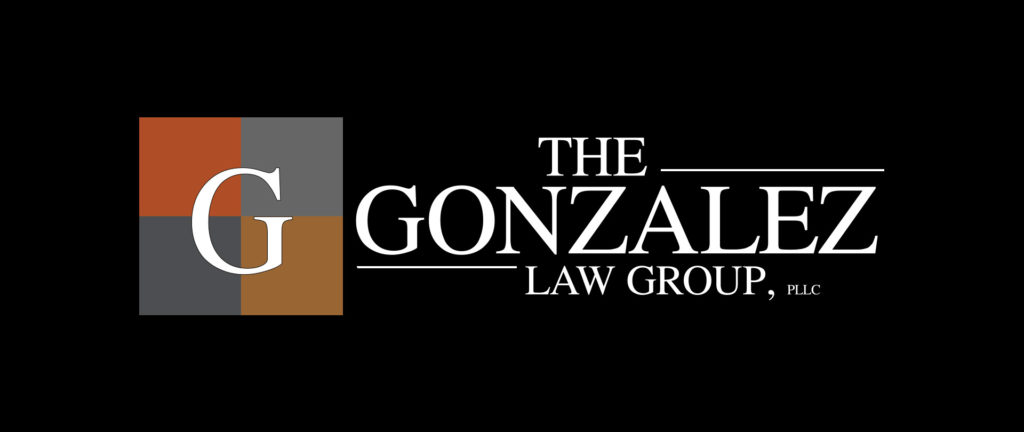
If you were injured as a result of another’s negligence, you may be entitled to file a premises liability action to recover the compensation you deserve. Contact our experienced Texas personal injury attorneys at Gonzalez Law Group to get started today.
How do premises liability actions happen in Texas?
Property owners are required to keep their premises safe for those who enter it. If a property owner does not fix a hazardous condition that he or she knows or should have known about and someone gets hurt, the property owner may be held responsible.
If you sustained injuries because of a dangerous condition on another’s property in Harris County, Texas, it is in your best interest to retain legal counsel. Our knowledgeable personal injury attorneys have years of experience in premises liability claims and will work tirelessly to help you obtain the compensation you deserve. Schedule a free consultation today.
What are the types of premises liability accidents in Texas?
Premises liability covers a multitude of different types of accidents. Some of the most common accidents that Gonzalez Law Group has worked on are:
- Slip and fall accidents
- Retail store accidents
- Negligent security
- Negligent inspection
- Landlord negligence
- Hotel accidents
- Parking lot accidents
- Sidewalk accidents
- Swimming pool accidents
- Defective surfaces
- Elevator / escalator accidents
- Amusement park liability
- Failure to warn of known dangerous conditions
What is visitor status?
In a premises liability case, the plaintiff will have to satisfy requirements depending on his or her visitor status.
In Texas, there are three types of visitors:
- Invitee – An invitee is a person who enters the property with the owner’s express or implied knowledge and for the mutual benefit of both parties. Customers and employees who patronize a business are considered invitees.
- Invitees must show that the defendants had:
- actual or constructive knowledge of the dangerous condition on their premises that posed a risk of harm;
- failed to exercise reasonable care by failing to warn of the condition and failing to correct it; and
- the defendant’s failure was the proximate cause of the invitee’s injury.
- Invitees must show that the defendants had:
- Licensee – A licensee is a person who enters a property with the owner’s express or implied knowledge, but not for the mutual benefit of both parties. This might include a guest at a party.
- Licensees are required to prove that:
- the defendant had actual knowledge of a condition that posed an unreasonable risk of harm;
- the licensee did not have similar knowledge;
- the defendant failed to exercise reasonable care by both failing to warn of the condition and failing to correct it; and
- the defendant’s failure was the proximate cause of the licensee’s injury
- Licensees are required to prove that:
- Trespasser – a trespasser is someone who enters a property without the owner’s express or implied knowledge. A property owner does not owe any duty to a trespasser other than the duty not to injure him or her willfully, wantonly, or through gross negligence. For example, a property owner cannot set up a trap for an intruder.
CONTACT OUR EXPERIENCED HOUSTON FIRM
We understand how challenging various legal matters can be, which is why we have dedicated ourselves to helping clients in Texas through a wide array of legal matters, including personal injury law and criminal defense. If you have sustained a serious injury or are facing criminal charges, contact the Gonzalez Law Group today to learn more about how we can help you through every step of the legal process ahead.



